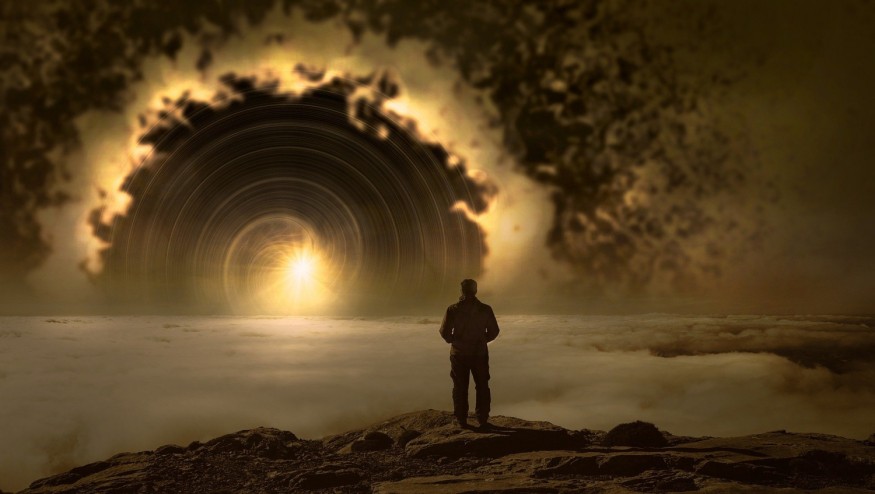
A new study featured by National Geographic shows over 600 people are experiencing a new phenomenon: coronavirus pandemic dreams.
According to Patrick McNamara from the Boston University School of Medicine, "obviously, this pandemic is producing a lot of stress and anxiety." It has affected how a person dreams, which makes it easier to remember now for some dreamers.
One of the participants in the study is Lance Weller, the author of the novel Wilderness. He dreamt about former US President Ronald Reagan accompanying him to a comic book shop. Reagan asked him what comic book does he like, but swiped his wallet and went out the door before Waller could buy anything.
The article continued, "withdrawal from our usual environments and daily stimuli has left dreamers with a dearth of 'inspiration,' forcing our subconscious minds to draw more heavily on themes from our past."
Read more: Stress Can Remodel Your Brain! Discover How to Prevent and Reverse It
Weller is a comic book fan who also scrolled through political posts on Twitter, which created a dream as if it was "a commentary on the world's economic anxieties," the National Geographic article said.
Stranger Things
Unlike typical dreams, some dreamers can remember pandemic dreams. The article added parasomnia, or frequent awakenings, is associated with dream recall. "Latent emotions and memories from the previous day can also influence the content of dreams and one's emotional response within the dream itself."
Apparently, a lot of people seem to remember dreaming about something weird. The New York Times reports Google had four times more searches of the question "why am i having weird dreams lately" in the past week. There will always be people dreaming about something weird. But people are cooped up more in their homes - "timekeeping no longer seems staked to the orderly movements of the sun, but tied to a cloud selected at random."
Coping up against the pandemic and its dreams
Dr. Deidre Barrett, a psychologist from the Harvard Medical School, reported to the New York Times that people are experiencing strange dreams. So she created a survey that asked respondents to describe dreams related to the coronavirus disease 2019 (COVID-19) pandemic.
Read more: 60-Degree, 60-Minute Rule Not Enough! Coronavirus Can Survive Prolonged Exposure to High Heat, Says New Experiment
The survey began in March. It revealed participants dreamt of catching the virus or dying of it. Some were "bugs, zombies, natural disasters, shadowy figures, monsters, or mass shooters," a metaphor for fear of the virus.
Dreaded by dreamers, some dream experts like Perrine Ruby says dreams "may be one of the mechanisms used by the sleeping brain to induce emotional regulation." They can also be modified and scripted before a person sleeps, said Ruby.
According to National Geographic, "people closer to the pandemic threat-health-care workers, those living in epicenters, and those with affected family members-are more likely to experience outbreak-influenced dreams."
Frontliners have more realistic dreams because they operate so close to the outbreak. Some scenes play in their sleep, which can be modified, said Ruby.
Ruby, a researcher from the Lyon Neuroscience Research Center, starts dream simulations by asking how the patient wants their dream to be different. It can be plotted and rehearsed before they go to bed, giving the patient a higher chance of experiencing a great dream.












